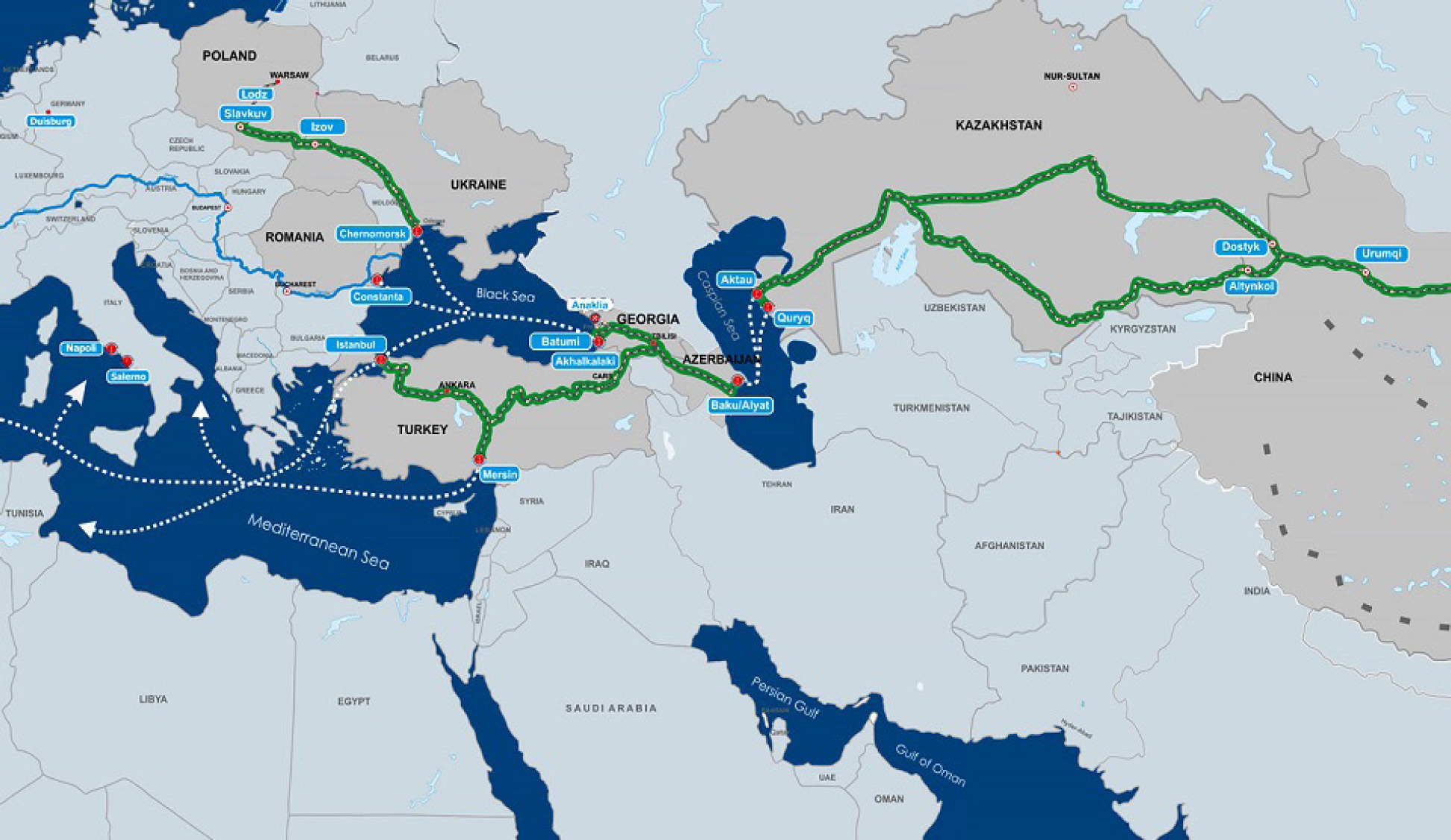ALWAGHT- Dariush Safarnejad, a senior expert on the Caucasus, explains that the “Zangezur Corridor” is a 34-year-old US plan that Iran and Russia have opposed from the outset, which is why it has yet to be realized.
The international conference on August 5, titled “Zangezur Corridor: Geopolitical Threats against Iran and the Perspectives of Various Actors,” brought together experts and officials to discuss the corridor’s strategic implications. Mohammad Reza Moradi outlined the historical and political background, highlighting how Azerbaijan’s control over Nagorno-Karabakh and the push for the Zangezur Corridor threatens Iran’s land connection to Armenia and potentially to Europe.
Dariush Safarnejad described the Zangezur Corridor as a longstanding 34-year-old US plan, supported by NATO, the US, Europe, Israel, Turkey, and certain militant groups. He noted recent secretive meetings excluding Russia, where Armenia agreed to grant a wide corridor for 100 years, emphasizing its strategic—not economic—importance. Safarnejad warned that the corridor is part of a broader geopolitical scheme that could lead to Armenia and Azerbaijan joining NATO, with corridor security managed by NATO forces.
Shoaib Bahman explained that the Zangezur Corridor is one of several major regional projects designed to bypass Iran, effectively isolating it from key transit routes and economic corridors. He highlighted how this would suffocate Iran’s geographic and economic influence, making it more vulnerable to sanctions and geopolitical pressure. He also linked the corridor to broader regional strategies aimed at containing Iran’s influence, including military maneuvers used by Israel.
Ehsan Mohahedian stressed that although Azerbaijan presents Zangezur as an economic corridor, its true purpose is to undermine Iran’s security and territorial integrity. He questioned why the corridor route would run so close to Iran’s rugged border when other paths exist, suggesting the project serves geopolitical and military interests rather than regional cooperation.
Overall, the conference portrayed the Zangezur Corridor as a complex geopolitical challenge with deep strategic roots tied to US and NATO ambitions in the Caucasus, aimed at isolating Iran and reshaping regional power dynamics. The experts emphasized the need for regional dialogue, awareness of the broader strategic context, and caution against viewing the corridor merely as an economic project.



























